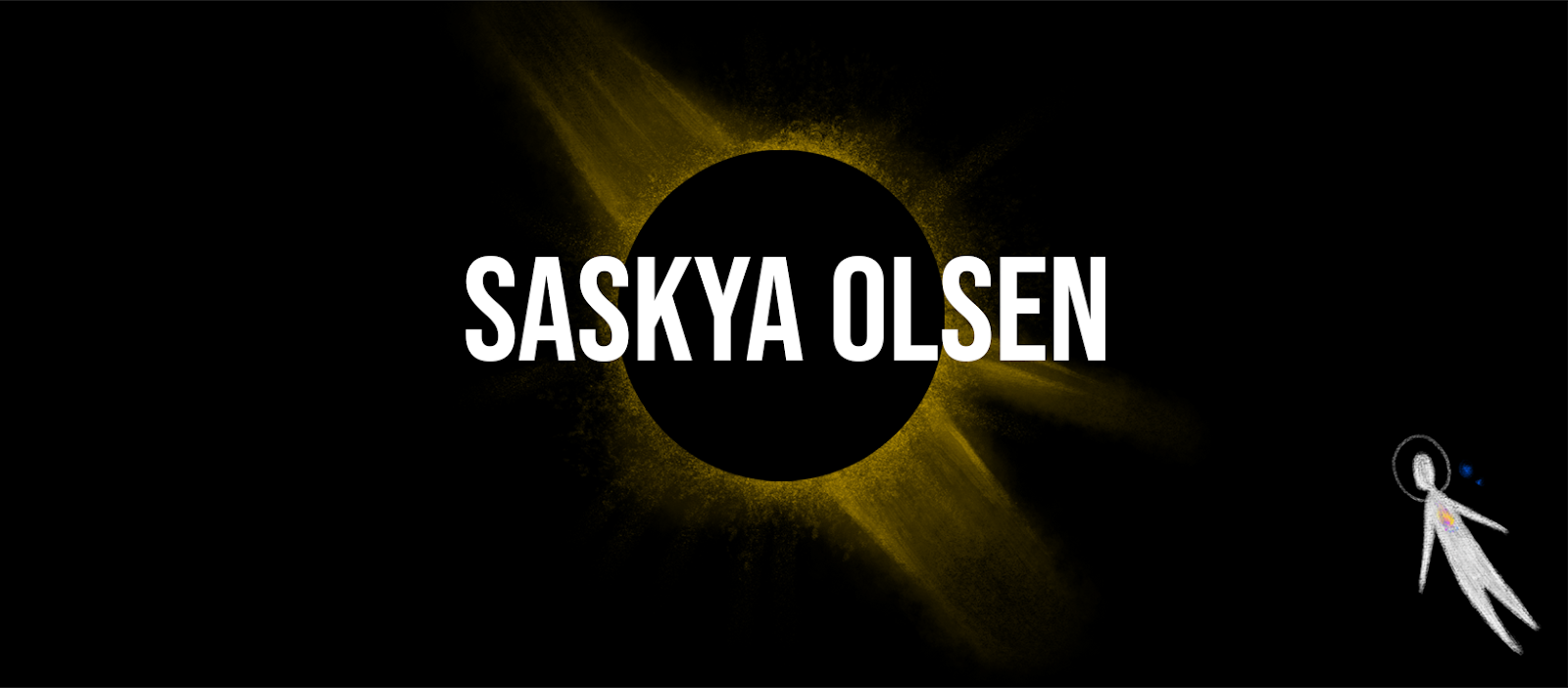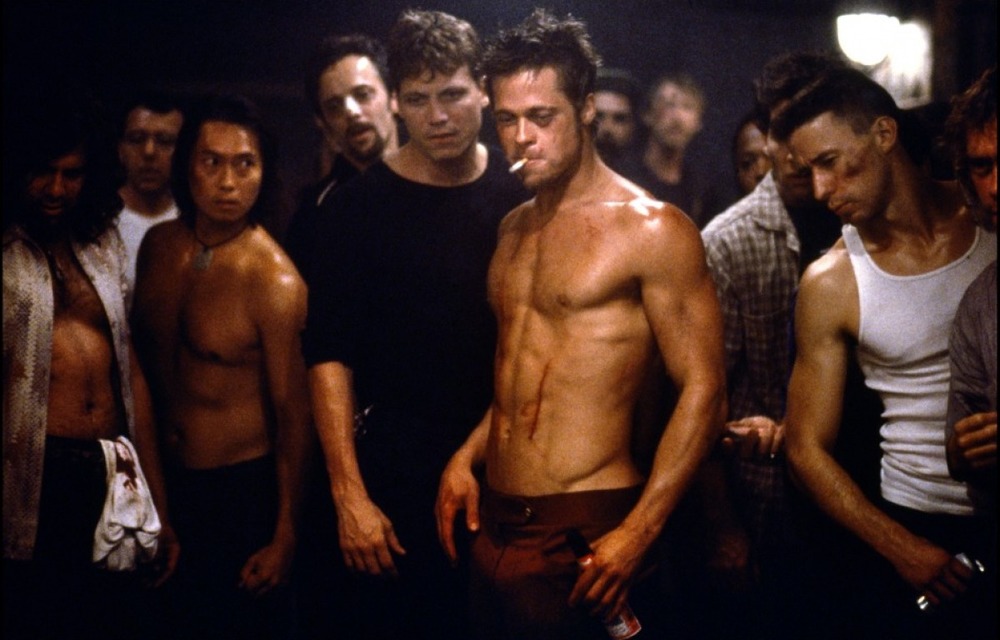Lecture Program & Film Reviews: Lecture #1 Myth & Storytelling Film Analysis
The Heroes Journey - Fight Club (1999)
Fight Club (1999) follows a nameless narrator / protagonist suffering with insomnia, trying to find fulfilment through Ikea furniture and general consumerism whilst working a mundane office job. Our narrator discovers a cure for his fatigue by attending support groups as a 'tourist', which initiates him meeting a cast of quirky characters. Our narrator ends up living with Tyler, a hyper-masculine soap maker, and the pair begin an underground fight club which spirals out of control. We learn that Tyler isn't what he seems, and our nameless narrator is closer to his new friend than we expected.
1. The Ordinary World
The nameless insomniac narrator is a recall coordinator for a high-rise corporation, dealing with his mundane job through materialism and consumerism.
2. The Call To Adventure
The narrator discovers a cure for his insomnia through attending various support groups and learning how to cry his heart out. Here, we meet an unusual character called Marla. This encounter initiates the narrators new alter-ego, one that is masculine enough to approach Marla.
3. Refusal of The Call
Our narrator returns home to a catastrophic scene, his apartment has been blown up alongside all his material possessions...his whole life. The narrator is hesitant to call Marla, and meets with Tyler at a bar instead. Tyler, the alter-ego, is the one to offer a place to stay, not our narrator. This suggests the narrator was reluctant to give-in to his other personality, not wanting to share a home with Tyler.
4. Supernatural and (Mentor)
5. Crossing the Threshold
The narrators first encounter with Tyler, on the plane, is crossing the threshold. At this point an alter-ego has been fully formed, having a discussion with the narrator. Before this point, viewers had only seen glimpses of Tyler in the background of shots.
6. Belly Of The Whale
The basement of a bar becomes the temple of fight club. Above the brawl is a crowd of drunks, unaware of the illegal activity beneath them. Fight club uses the basement without consent from the owner, adding more risk onto the secret and violent meetings. During a fight, the narrator is surrounded by testosterone-fuelled club members. This suggests three layers of risk/ danger and makes the location the 'belly of the whale'.
7. The Road Of Trials
Marla and Tyler get together, seeing each other daily. The narrator finds their relationship unbearable and his outward appearance, especially at work, drastically declines. The narrators friendship with Tyler is distanced further by the creation of 'Project Mayhem', which involves many 'terrorist' and ' civil violence' qualities that our narrator doesn't believe in.
8. Meeting The Goddess
The narrator meets Marla at a testicular cancer support group. The theme of masculinity is heavily manipulated in this film, and this meeting invites ideas of conflict with femininity; the male narrator meets a female in a space where other men are struggling with loosing their own masculinity.
9. Woman as Temptress




















Comments